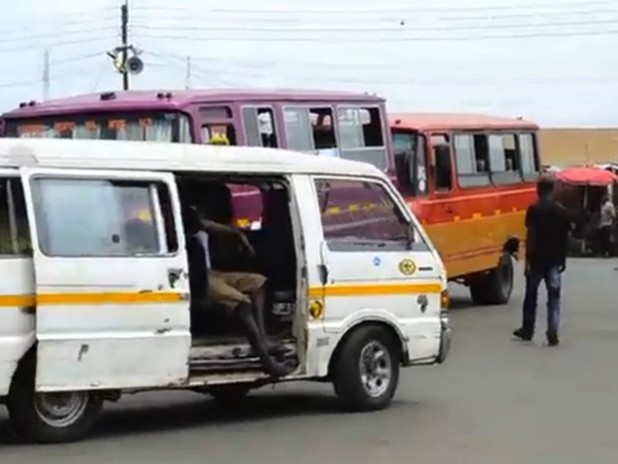August 06, 2013
At the end of their field visit, IDEO.org fellow, Carla, and her team schedule some final interviews, and explain how lack of communication about cultural or situational nuances can lead to avoidable anxiety.
Many years ago, my friend, Phil went on his first business trip to China. His clients seemed to be behaving oddly during negotiations, but it was two days before he realized why. His translator, it turned out, hadn’t translated any instance of Phil saying “no” to his clients. A definitive negative was not culturally appropriate – it would have been awkward and rude – so the translator translated “no” to “perhaps” without telling Phil. Phil ruefully reflected that had he and his translator discussed how best to deliver bad news to their clients, the negotiations may have gone more smoothly.
So often in the “hear” phase of our work, we are oblivious to the context in which we find ourselves and rely upon others to clue us in. When things are left out, this leaves the door open to a lot of misunderstandings.
Cris and I recently found ourselves in a similar situation when we went to interview a bus driver about how people send money via buses. Our recruiter, Kofi, seemed anxious as we wove through buses and people to get to the bus union shelter. He mentioned over his shoulder that the union didn’t like NGOs. I didn’t have time to ask what he meant before we arrived at the union shelter to find an intense meeting going on. When the meeting ended, Kofi spoke to the chairman for a long time. Finally, the chairman himself agreed to be interviewed, but after my first question (“Tell us your name”), he hesitated to answer and passed us on to a colleague, Charles.
I didn’t understand the nature of the tension in the room, so I began by asking Charles about his family to ease into things. It turns out he had worked in Israel for seven years. I was intrigued and Charles seemed happy to talk about it, laughing as he practiced his Hebrew. This detour in the conversation took some time but notably decreased the tension among those around us.
Time was running out so Cris began to ask Charles about the practice of sending money through bus drivers. How was it done, exactly? Were phone numbers exchanged? Did things ever go wrong? Who was responsible when they did? As a former financial reporter, Cris is good at getting to the details fast. We wrapped things up, thanked everyone, and left.
It was only when we were back in our van that Kofi told us that he had been so anxious about this interview that he had lost sleep for all the praying he had done the night before. Apparently, the bus drivers’ union had once been approached for information by an NGO and as a result of that interaction, bus drivers’ wages had been decreased. Kofi also told us that during Cris’s questioning of Charles, all the union employees behind us had stopped what they were doing to listen intently to what was being said. Kofi was afraid they would ask us to leave.
Everything worked out in the end, but had Cris and I known the situation we were walking into, we could have done a better job of reassuring the bus drivers’ union of our intentions and chosen to gather information in a different way. It never occurred to us to question Kofi prior to the interview and never occurred to him to brief us beforehand. Now, when someone else recruits people on my behalf, I make sure to ask details about participants’ willingness to work with us before I meet them. This way we an avoid sleepless nights and tension-filled interviews…





